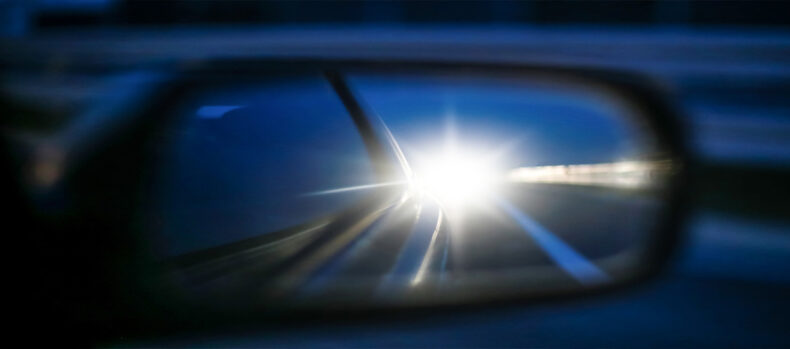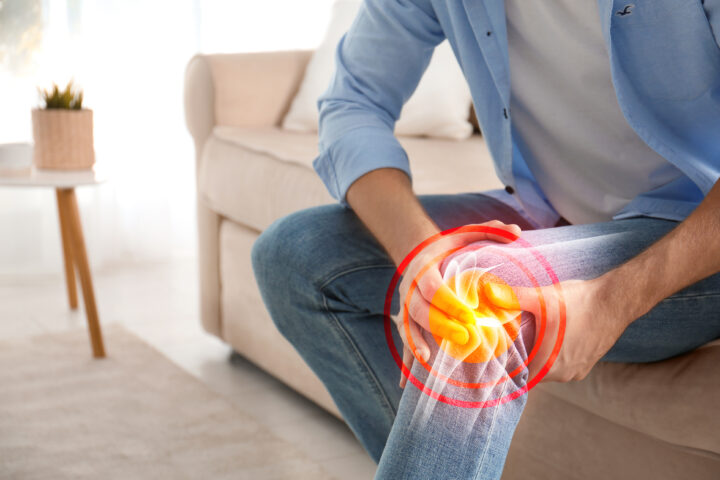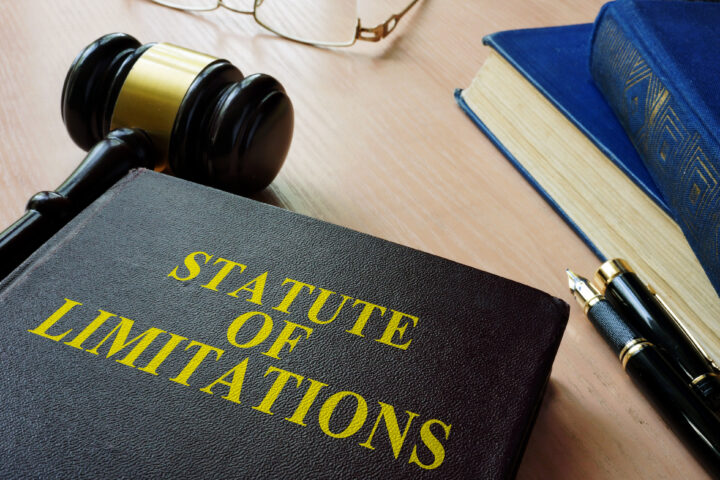Night Driving

Experts will agree that whether you operate a car, truck, or motorcycle, nighttime is the most dangerous time to drive. However, nighttime car accidents are totally avoidable. Read on to find out why night auto accidents happen, and top tips for staying safe.
Nighttime Is the Most Dangerous Time to Drive
While an accident can happen at any time of day, data shows that more accidents take place at night, and more fatal accidents occur during that time as well. Per the National Safety Council (NSC), fatal car accidents are most likely to happen:
- Between 8:00 PM and midnight during the spring and summer months
- Between 4:00 PM and 8:00 PM during the autumn and winter months
- Non-fatal car and truck accidents happen most in early summer from noon to 4:00 PM
Another issue is the number of truck drivers who may drive overnight and can be fatigued. While either party can be at fault, if you’ve been in a truck accident, be sure to call a Whittier truck accident attorney so you know what to do next. It’s clear that night driving is riskier, but the explanation as to why can be complex. Here is a closer look at the common pitfalls.
Why It’s Harder to See at Night
Even with well-functioning headlights, you may have found it’s tougher for you to see when once the sun goes down. Here are a few reasons why:
- Some roads aren’t very well lit and may have a dark road ahead. Try to drive on routes with good outdoor street lighting.
- Nearly all of our nighttime vision is in black and white, while color vision tends to be poor. This means we’re missing part of our overall visual experience at night.
- Some people do not have great vision due to illness, aging, or genetics.
Common Night Vision Problems
People who suffer from visual impairments may experience any of the following:
- Blurry vision which can lead to lower visibility, as well as constant blinking or longer blinks
- More trouble seeing at a distance than up close, even with corrective eyewear or contact lenses.
- A nighttime glare or the appearance of halo-like lights around objects.
- Cataracts, glaucoma, recent refractive (vision corrective) surgery, or macular degeneration
Make sure you visit your optometrist. There may be treatments for these issues. As a safety precaution, it is also a good idea to schedule an appointment during the day.
Furthermore, fatigue can also play a huge role in night vision problems. At the end of a long workday, drivers may be tired, making them less aware of their surroundings. Fatigue also slows reaction times.
Truck drivers can be particularly susceptible to night driving fatigue due to long hours on the road. If you’ve been involved in a truck collision or have been in an accident, call a knowledgeable Whittier truck accident lawyer for guidance on what to do next.
Common Night Driving Problems
Night driving can be dangerous for several reasons, and sometimes it is out of your control. This is why it is best to always practice precaution when driving at night and to always be prepared for the worst-case scenario. Below are a few common night driving problems many people experience:
- High beams from an oncoming vehicle: Many drivers utilize the high beam function when the road is too dark to see. While this is completely acceptable if you are the only driver on the road, it can be extremely dangerous should your high beam flash onto an oncoming vehicle. High beams are extremely bright and may temporarily blind drivers. Not only is it dangerous for the oncoming driver, it may also create a dangerous situation for you as well. The bright light may cause the blinded driver to swerve onto your lane, resulting in a collision.
- Broken brake lights: Always make sure your vehicle’s brake lights are functioning properly. Malfunctioning brake lights may confuse any oncoming drivers behind you and may not know when you press the brakes. As a result, a collision is a highly possible outcome.
- Broken dashboard lights: Though not as severe of a problem as the previous two, broken dashboard lights may lead to various problems such as being unaware of when your vehicle needs maintenance. Should you have a popped tire, you may not notice it. And by the time you notice it, it may be too late.
- Oncoming headlights from behind: Sometimes the car behind you may turn on its high beams. This may also temporarily blind the driver in front due to light refractions. Even if it may be for a few seconds, this can lead to dangerous situations. Always make sure you are using low beams when with other vehicles. Not only will this reduce glare, but it will also be appreciated by other drivers.
Rush Hour
This is particularly a problem in winter months when daylight savings and an earlier sunset mean fewer hours of visibility. Drivers also tend to speed more or take more risks (for example, cutting other drivers off without signaling while on the freeway) during rush hour. Driving recklessly may cause unsuspecting oncoming drivers to swerve onto one another.
The type of vehicle can also be an issue. For example, while many motorcyclists are careful, weaving in and out of lanes is common. Truck accidents are another issue as smaller vehicles stop short in front of them or try to get around them.
Drug or Alcohol Impairment
People tend to imbibe alcohol or take drugs at night and on weekends more often than at other times. Even drivers who think they’re alert after consuming alcohol may have slower reflexes, leading to a potential accident on the road.
Road Hypnosis
Road hypnosis is a term for losing track of time or the length of your drive. Evening hours can be particularly risky, as you’re experiencing a combination of soothing vibrations from the drive, a long time between stops if it’s a long drive, and your body’s natural relaxation response to the sun going down.
Car and truck drivers may experience accidents due to road hypnosis to a greater degree than motorcycles, as you feel more while on a bike and could be more awake and aware. However, this isn’t a given. Any vehicle driver can be at risk for road hypnosis.
How to Be Safe On the Road at Night
While the risks are real, there are steps you can take to make your evening drive safer, such as:
- Have your vision checked regularly. If necessary, ask for a different prescription. A corrected prescription or treatment for a medical condition may improve your night vision. Keep your eyes moist by blinking regularly, especially if you wear contact lenses.
- Take your time. You may be in a rush to get to your destination, but now is not the time to be speeding. Watch where you’re going and obey the speed limit.
- Don’t assume the drivers around you are alert. Other cars may be falling victim to any of the conditions described above, or they may be distracted. Always drive defensively.
- Stop every two hours to rest during long drives. Pull over and give yourself a break to avoid road hypnosis.
- Avoid using your cellphone. Texting, scrolling through playlists, or checking in on social media can make night driving dangers worse, as you’ll be distracted.
- Always use turn signals. Because the road during nighttime can be visually restricting, it is best to signal as much as possible. Failing to use turn signals is a safety hazard and may put other drivers at risk.
- Make sure your headlights are in working order and are clean so that you have as much visibility as possible.
- Avoid two-lane highways. Two-lane highways can be dangerous for drivers during the nighttime. Try to take a different route with outdoor street lighting if at all possible.
- Get fresh air. Sometimes a simple fresh air can wake you up! Pull down those windows and enjoy some fresh breeze.
Taking the above steps will go a long way toward keeping you safer. But if you’ve been in a car, motorcycle, or truck collision while night driving, your Whittier attorneys are here for you. Call Greenleaf Law Group today for your free consultation.
Contact Us
Greenleaf Law Group is your legal advocate. We care for the well-being of the community in Whittier, CA. Let us help relieve your burdens if you’ve been injured due to the negligent actions of another party.
If you’ve been involved in a serious night driving accident, call Greenleaf Law Group today.
Contact us for your FREE consultation today


